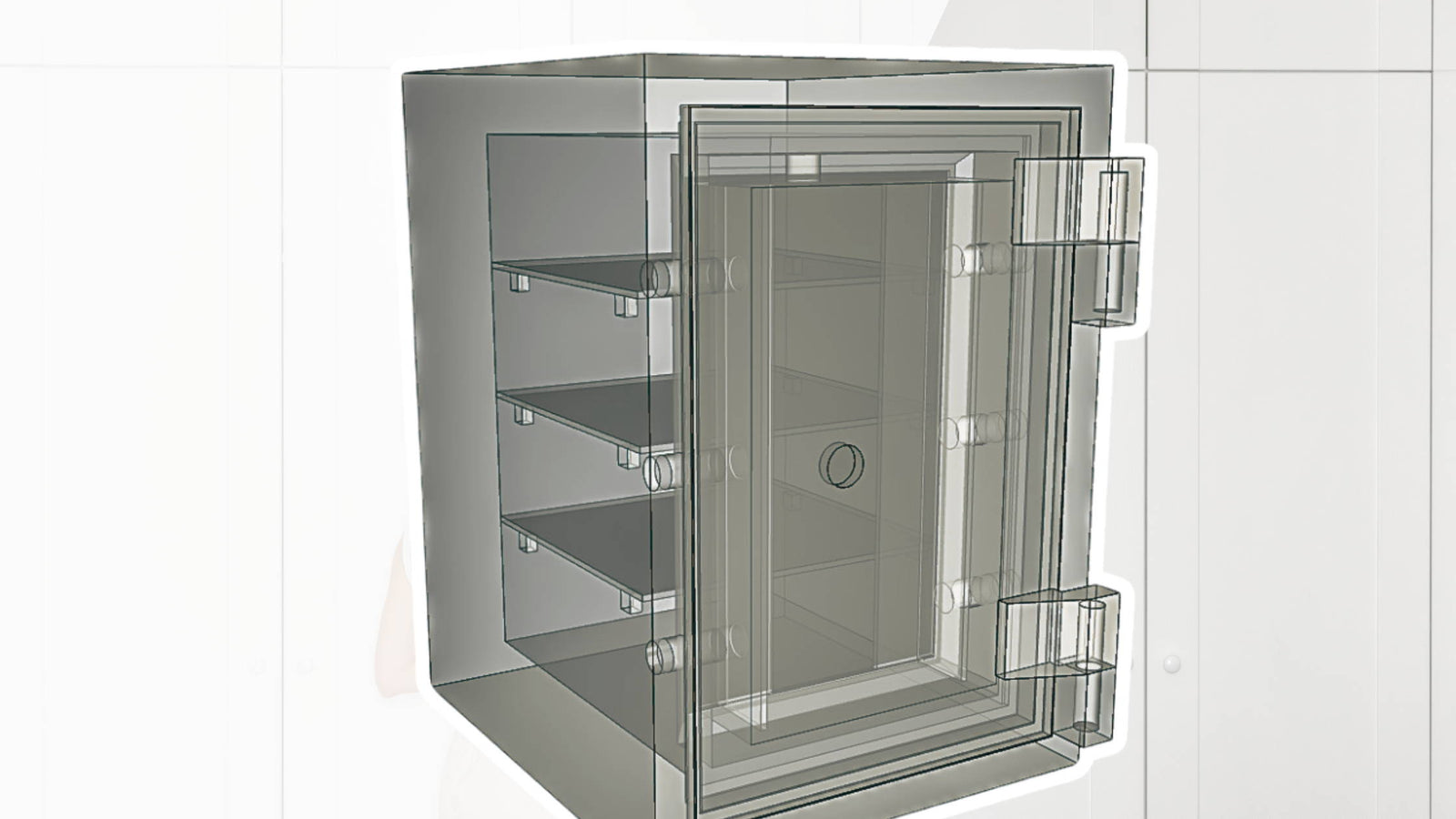Although the Mayan doomsday prophecy has come unfulfilled it is never a bad idea nor too late to prepare for unforeseen emergencies. During the Cold War it was a common practice to outfit basements and bomb-shelters with a wide array of non-perishable supplies; however, this fad has worn off to some extent today. National security threats may be at a minimum but it is still a wise idea to keep an emergency shelter properly outfitted for any array of natural catastrophes that could occur. There is a wide range of potential disasters that could leave you and your family without access to electricity, outside communication, food, and water for extended periods of time and preparation is key to survival.
Food It is important to keep a small supply of non-perishable food in your disaster kit. This can include but is not limited to canned goods, dried food, and frozen food. Keep in mind specialty dietary needs that may apply to members of your family including the very young or very old. Also, remember to keep a can opener too! Most disaster circumstances require a maximum of two weeks of sustenance so plan accordingly. High energy food such as granola bars and nuts are also a great idea. It is not important to maintain a perfectly balanced diet but including some variety will both maintain nutrition as well as morale. Water While humans can survive weeks without food we can only last a few days without water; so this may be the most important thing to stock for disaster. It is recommended to have one gallon of water per person per day. Stockpile enough for your family for two weeks and you should be fine in case of an emergency situation. Make sure that the water is stored in a way so as not to be contaminated over time. Radio Communication with the outside world is important for alerting rescue operations or to keep informed on the situation if possible. In this modern day, usually a cell phone will suffice; but for those seeking extra preparation a radio could be of use. Remember to keep fresh batteries as well as spares. Should the situation last long enough it’s likely that cell phones will run out and will have no way to be recharged, so a radio is a good idea for extra preparation. First-Aid Keeping a basic first aid kit could be the difference between life and death. Unforeseen disasters can always come with unexpected injuries. Important items to keep in your first aid kit include: antiseptic ointment, bandages, pain-relievers, disposable gloves, prescription medication, antibiotics, sterile gauze, and more. An easy option is to purchase a premade first-aid kit specifically designed for such scenarios. A good idea, as well, would be to have a family member with basic emergency medical training. Sunday EMT classes can be found in almost any town or city for a very small fee. Lastly the most important thing in any emergency situation is to keep your wits and remain calm. Panic can turn any situation into an uncontrollable disaster. Take some time with your family to practice emergency maneuvers and in case of disaster you will feel much more prepared and confident to deal with it.



